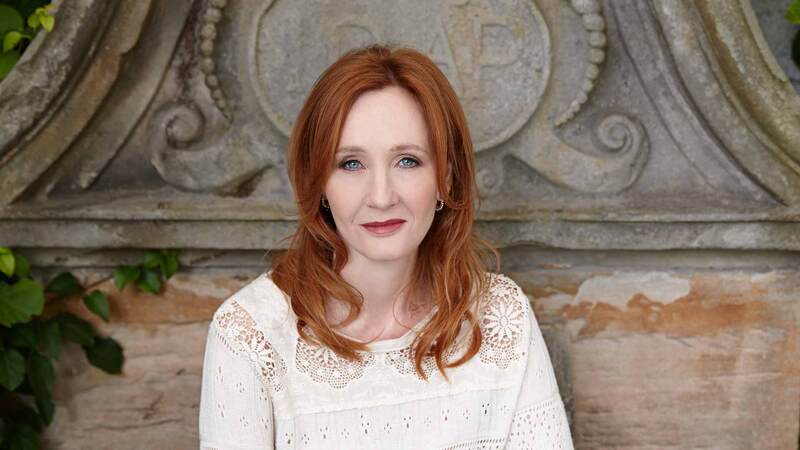You are viewing your 1 free article this month. Login to read more articles.
The Bookseller 100: change drives 2016 list
From the loss of Bowie, to Brexit, to president-elect Trump, 2016 will hardly be remembered as a vintage year.
Of all the events that have occurred in the past 12 months, the one that will have a long-standing and profound impact on the UK book industry will undoubtedly be the country’s electorate voting to say auf wiedersehen to the European Union. Even those keen “Leavers” among us who foresee a glorious EU-free future will agree that the long period of uncertainty as negotiations drag on about the exit will have ructions within trade.
This geopolitical background was in our minds in the selection of this year’s Bookseller 100, our annual selection of the most influential people in the trade. As always, the list reflects on 2016’s accomplishments, but it looks forward to the year ahead. And a not-insignificant number of the entries have been put in with a nod to how they respond strategically to the coming changes.
New entry Stephen Lotinga is a case in point. The new Publishers Association boss obviously would have been on the 100 by dint of his role in the industry. But Lotinga gets an extra nod as the PA will be crucial to getting industry consensus on regulatory matters to put forward publishing’s case to government. Lotinga was a former Liberal Democrat spokesman and undoubtedly was pro-Remain (though he has wisely kept his counsel on his personal views). Interestingly, he said earlier this year that Brexit may be an opportunity, a chance to replace antiquated regulations with fit-for-purpose 21st-century rules that take into account areas such as digital and changes in copyright.
Other “newbies”, or re-entries, that could have a particularly crucial Brexit role include Society of Authors presient Philip Pullman, Publishing Scotland’s c.e.o. Marion Sinclair, Wiley’s global boss Mark Allin and Clays m.d. Paul Hulley—could British printing benefit from Brexit?
We should not belabour the Brexit angle (particularly as you may be sick of hearing and reading about it). The bulk of the people here merit inclusion because they make their companies stronger and/or their books better. But that, too, is a way to prepare for what happens after PM Theresa May triggers Article 50.
Head count
There is a bit of a cheek to this 100 because, with three double entries (Titan’s Nick Landau and Vivian Cheung, Oneworld’s Juliet Mabey and Noovin Doostdar, and Midas PR’s Tony Mulliken and Steven Williams) and our Bookseller 101st (J K Rowling), there are actually 104 people listed this year.
Each year we run down the demographics of the list, which is chosen on merit and not tweaked for gender or ethnicity, and end up bemoaning the trade’s lack of diversity at the top. This year is no different. There are 38 women in 2016, three down from 2015. Seven entries come from a black, Asian and minority ethnic background: one more than last year.
Both numbers are not good enough, but there is reason for optimism. This is a year in which attention to diversity has been at the fore in the trade. In fact, several people in the 100 are included at least in part for their efforts to improve it. These initiatives may take time to bed in properly—but, let’s hope, not too much time.
Penguin Random House once again leads the way among the publishers with the most entries of any book business, though its eight nods are down from last year’s 11. Hachette follows with six spots, while HarperCollins and Pan Macmillan both have five. Waterstones, Amazon and Bonnier Publishing have three entries, as does “team Harry Potter” (J K Rowling, Neil Blair and Pottermore’s Susan Jurevics).
Subscribers can see the full Bookseller 100 list for 2016 here.


















